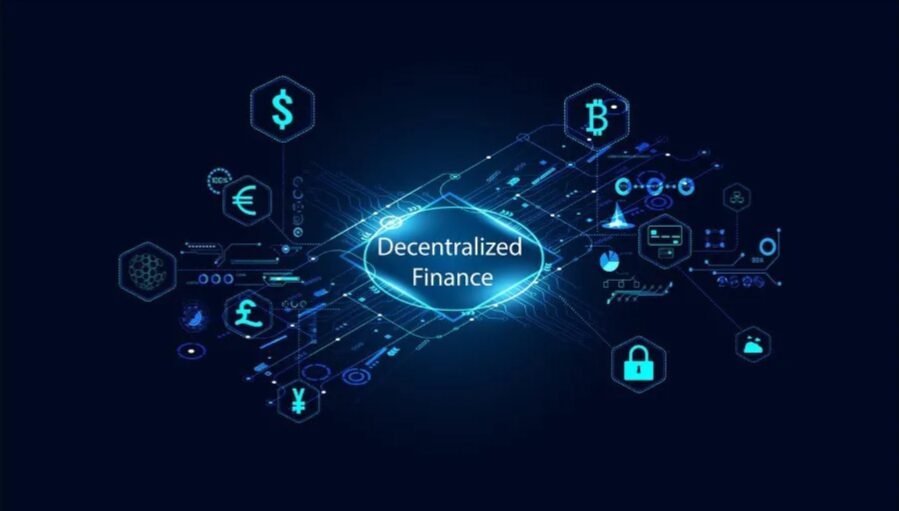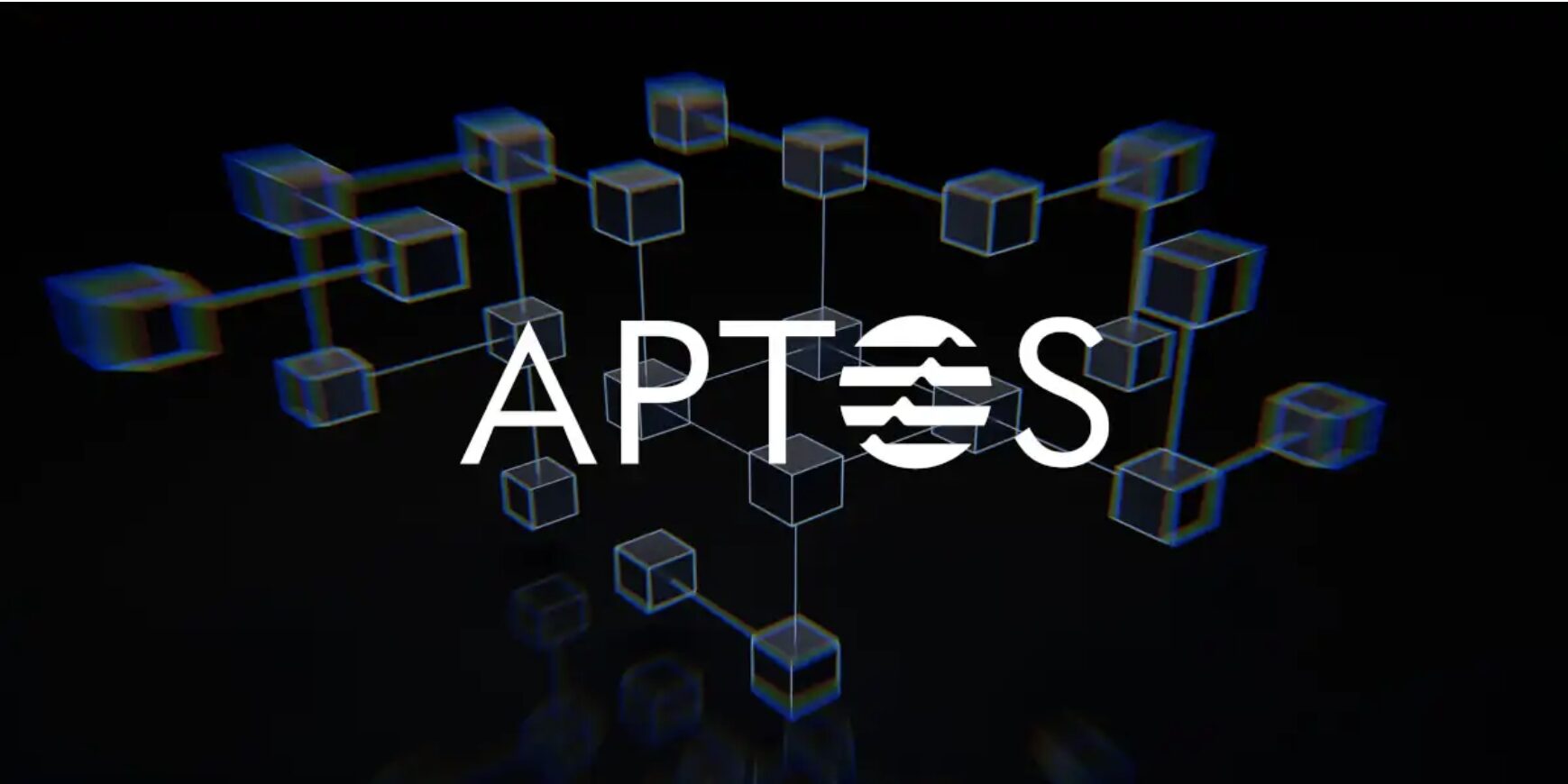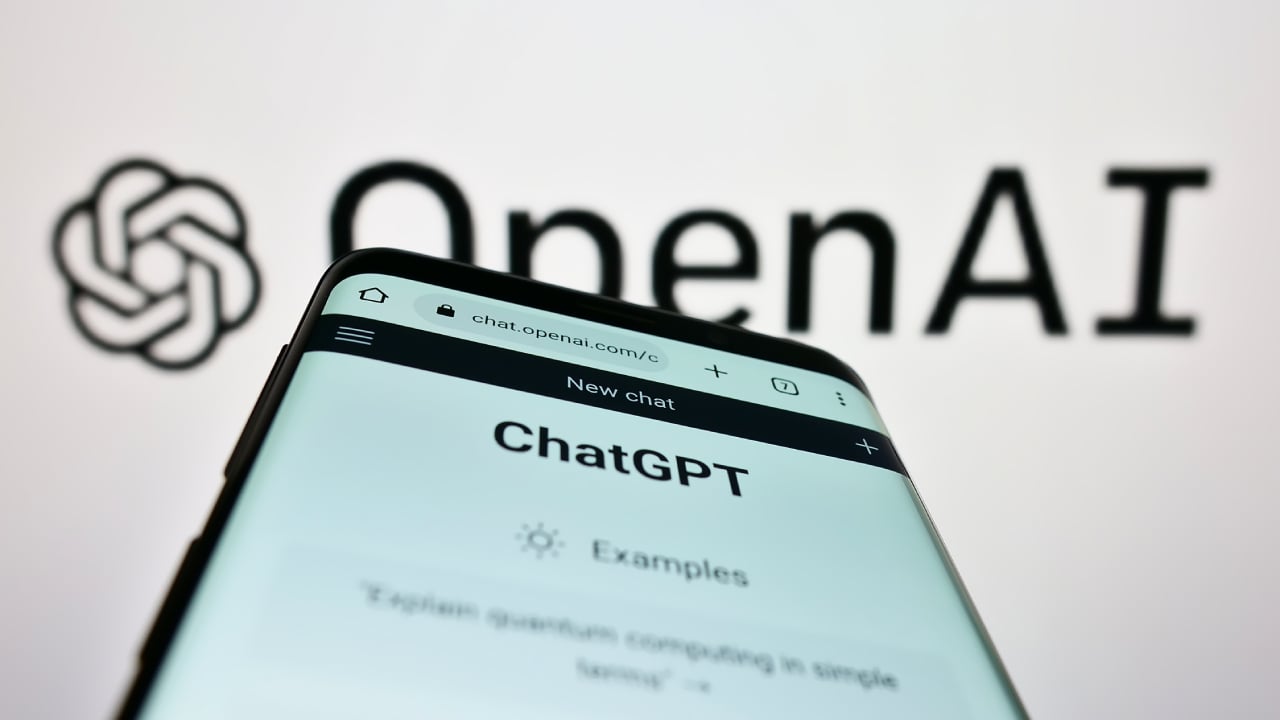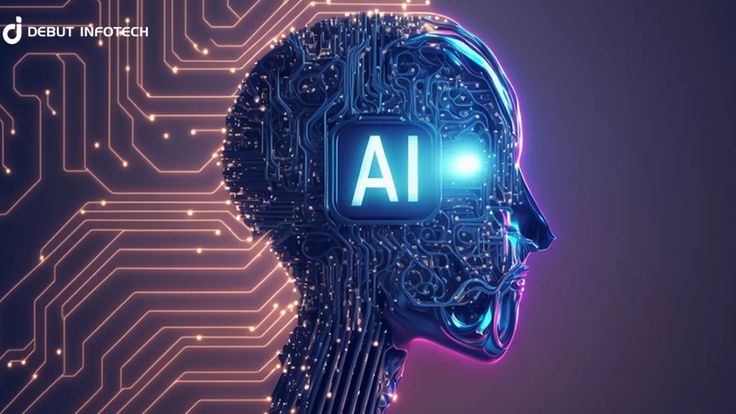Gone are the days when intermediaries (banks) were needed to keep financial investments safe, and detecting or tracing fraud takes forever or never. Entered the rise of artificial intelligence (AI), crypto investments are now managing themselves, smart contracts are fixing their bugs and detecting fraud before it even happens.
When Bitcoin was released in 2009, the launch of decentralized finance (DeFi) revolutionized traditional finance operations. The DeFi ecosystem single-handedly’ banks’ the unbanked by permitting access to services like lending, borrowing, and even trading.
Though DeFi tackles financial technology shifts tremendously, there are security concerns, market volatility, and high, inefficient trading strategies.
With the rise of AI, its use, and its adoption by the cryptocurrency industry, DeFi platforms have harnessed its power. Machine learning, predictive analysis, and automation have made DeFi smarter and more profitable for users, investors, businesses, and the industry at large.
This emerging field of (DeFi + AI) promises to revolutionize how we think about financial technologies, offering smarter, more adaptive, and more secure ways of managing digital assets.
The Growing Need for AI in DeFi
The growth of the Decentralized Finance (DeFi) sector has been phenomenal. It provides users in the industry with novel, out-of-the-box financial solutions that traditional systems cannot offer. At the end of 2024, the total value locked in DeFi (TVL) was an astonishing $119 billion, and it is currently sitting at $115 billion as of this writing.

However, this was not the case in 2021–2023, when the DeFi industry experienced a decline to under $40 billion in 2022. One significant factor was the tightening of monetary policy, which was one of the most notable factors, especially by the U.S. Federal Reserve. With the increase in interest rates in 2022, many financial instruments received increased attention, resulting in a capital flight from DeFi platforms.
Investors willing to take the risk in DeFi sought high-yielding investments and started shifting toward more stable and safe assets. This resulted in a massive decrease in the total value locked (TVL), which was a result of a market-wide loss of trust.
At the same time, security problems remained rampant in DeFi projects, making their adoption more difficult. The well-known hacks of WazirX and DMM Bitcoin in 2024 resulted in over $600 million in combined losses. Such attacks were not only about loss but also loss of faith in the decentralized protocols.

Since users are becoming more and more cautious of the available protocols, there was a mass withdrawal of assets in order to avoid being exploited, which worsened the liquidity crisis. The overall uncertainty was further compounded by the unstable crypto market.
During August 2024, there was a decrease of 14% in TVL in DeFi, which contributed to the overall bearish trend that impacted a lot of digital assets.
Such challenges have transformed the use of artificial intelligence (AI) in DeFi systems from an innovation to an absolute necessity. DeFi can benefit from an AI overhaul through increased security, better risk management, and refined decision-making.
AI systems now leverage machine learning algorithms to analyze massive amounts of data in real time, which allows them to expose suspicious activities before they materialize into an attack.
Another important element of AI is predictive analytics, which allows investors and protocols to forecast market movements and take precautionary measures to reduce losses when the market is very volatile.
Key Use Cases of AI in DeFi
AI has been increasingly integrated into DeFi (DeFAI), and it has been seen to improve various aspects of DeFi. Here are a few examples of how AI has been used in DeFi.
- Operational Efficiency
AI is expanding its application by being integrated into DeFi platforms. Aave, one of the famous DeFi lending protocols, provides an example of where an AI is used for credit scoring. It uses an AI to analyze a user’s on-chain record. This approach allows Aave to offer more tailored loan terms and mitigate risk.
- Liquidy Transparency
Similarly, in the Automated Market Makers (AMMs) industry, AI has been adopted to improve trading strategies and ensure liquidity transparency. For instance, Uniswap has utilized AI in Automated Market Makers (AMMs) for trading strategy optimization, while UDeFai niswap attempts to use AI to increase token liquidity and try to make the token swap processes more efficient for both liquidity providers and traders.
- Security Enhancement
The security of decentralized finance (DeFi) networks is also being reinforced through the use of AI. For instance, advanced machine learning models can identify fraudulent attempts on various blockchain networks.
By scrutinizing transaction patterns, the AI systems embedded in these networks can detect and flag suspicious actions, which can provide effective assistance in risk mitigation as well as the overall security of the DeFi platforms.
- Portfolio management and AI-driven trading
AI agents that are built on blockchain technology are changing the landscape of DeFi by automating more sophisticated processes. These AI agents are fully autonomous and self-actuating, carrying out specified strategies for trading, portfolio management, and yield farming that increases productivity while decreasing the need for human labour.
Case Study: AI Integration in DeFi Platforms
The use of AI technology in decentralized finance platforms increases their operational efficiency, security, and overall user experience. One such notable instance is the merger between PancakeSwap, one of the largest decentralized exchanges, and Allora Network.
The two created an AI-powered prediction market based on the Arbitrum blockchain that enhanced trading tactics through sophisticated machine-learning models. As a result of this synergy, users are provided with more precise predictions on the rise and fall of Ethereum (ETH) prices, thereby improving the decision-making process.
Similarly, Sahara AI, a hybrid AI and blockchain startup based in Silicon Valley, raised $43 million in a Series A funding round that was led by Pantera Capital, Binance Labs, and Polychain Capital. Some of their partners include Microsoft, Amazon, and Snap, with whom they work towards the development of a decentralized blockchain platform that enables rewards for users, data providers, and AI trainers.
This attempt deals with ethical issues of copyright, privacy, resource control, and economic disparity affecting the development of artificial intelligence. It also demonstrates the positive aspects of AI’s intersection with DeFi, where developing systems can be more just and effective.
The Future of DeFai: Opportunities and Challenges
The combination of artificial intelligence (AI) and decentralized finance (DeFi), referred to as DeFai, is likely to change the face of finance as we know it. The incorporation of AI into DeFi enhances efficiency, security, and the overall user experience.
For example, algorithms powered by AI can scan enormous data sets in real-time and identify fraudulent activities, thus enhancing security. Moreover, AI can also improve trading activities by prophesizing trends in the DeFi markets, making it easier for investors to make informed decisions.
The future of DeFai holds a vision of a financial ecosystem that is automated and smart and to which AI can help provide personalized financial services and a proficient assessment of risk.
Nevertheless, issues like the safety of data, the complexity of AI, and overarching legislation need to be solved for DeFai’s vision to be properly executed. As these technologies mature, their combination is likely to fuel innovation and help create more robust and flexible financial systems.
Conclusion
AI combined with DeFi marks an advancement to a more effective and secure financial future. AI increases the value of DeFi platforms by helping them provide various services, reduce risks, and offer users more sophisticated and automated finance services. As the DeFai continuum evolves, it promises the ability to shift existing financial models and deepen the accessibility, transparency, and responsiveness of finance to people’s individual needs.






